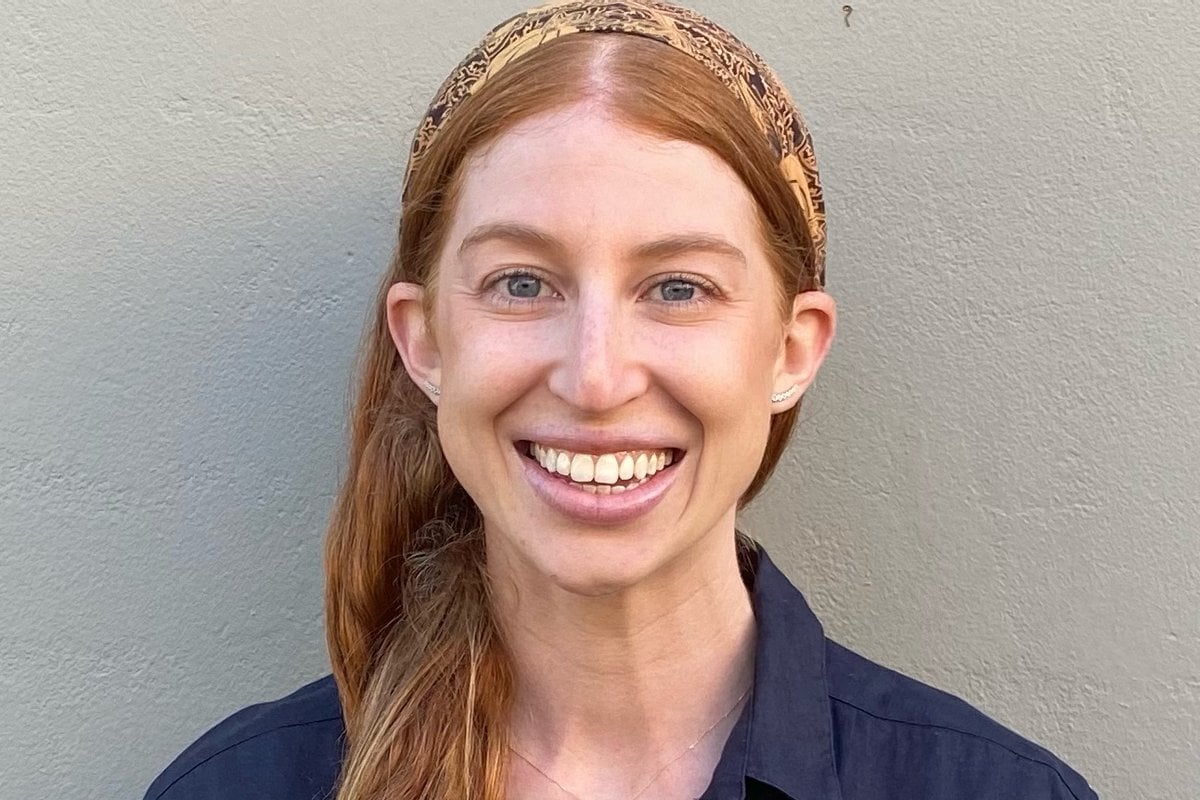
Many Australians are feeling confused about whether or not to get the COVID vaccination.
While some are desperate to receive the vaccine, others remain unsure, and a small minority feel passionately against the vaccine altogether.
A hairdresser recently sparked controversy when they banned clients who had received the COVID-19 vaccine from visiting their salon. Is it meant to be so complicated?
Well, no.
Listen to The Quicky, Mamamia's daily news podcast. Post continues below.
COVID-19 is a real virus and it spreads rapidly with lethal implications.
The data shows that the vaccination has a reduction in the length and severity of a person being sick with COVID-19.
The vaccine is our ticket out of this pandemic and towards a travel-free, mask-free and lockdown-free life.
It is normal to have questions and even feel doubtful about getting the vaccination.
The vaccine is new, with developments occurring every day. Change is scary, especially when it comes to our health. Doing your own research and asking questions is always a good thing.
However, when we are getting our answers from non-reputable sources with blurred boundaries between what is fact, misunderstanding or simply a lie, we are leading ourselves down a very dangerous path.
As a doctor, here are some common questions and answers that I’ll be discussing with my patients:



Top Comments